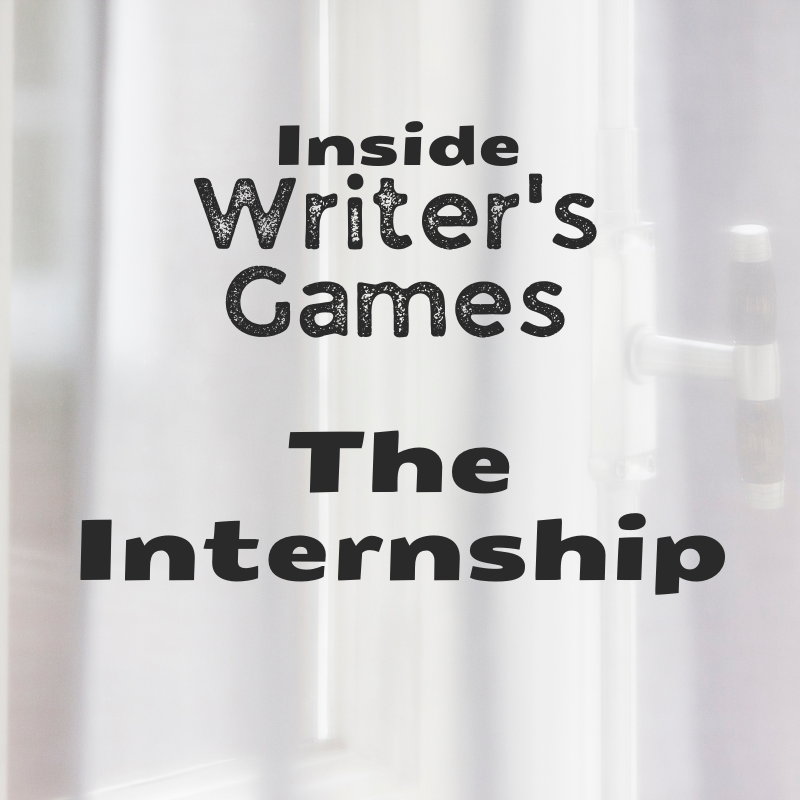Inside Writer's Games: Internship Applications and Interviews
- Theresa Green
- Feb 28, 2023
- 3 min read

It's almost March!
With most Writer's Games portions kicking off in the summer, we start competition preparations in January. I read the previous portion's surveys in November for general planning (mostly timing) and again in January for more specific info. At the January stage, I'm looking for difficulty levels, favorite and least favorite Events, and the general competitor opinion of our judges.
That last thing is the biggie: it shapes potential changes to our internship program. Also up for consideration in this area are the intern closing papers.
At the end of each internship, we ask interns to self-evaluate. For many, this is the first time they've been honest with themselves. We ask them to spend the final week thinking about what they achieved, then assess what they expected, experienced, learned, and how they can apply these responses to their future career. During this final week, interns frequently have what my former professor called a "light bulb moment" when the whole fast-paced program comes together for them. This is often when [college] interns decide what they want to do after graduation. For others—those amazing volunteers who just want to help out—this moment inspires many to pursue further volunteer work helping writers.
We implemented the self-assessment in 2017 and have included it in every* program since (that's TEN programs except 2021). Self assessment is tough but for those truly honest with themselves, the results are similar: "I didn't realize how hard it would be but I loved it, I grew so much!"
I use these papers and my experiences over the previous portions to fine-tune our internship program. I revise the way the training is worded, update data points, adjust project modules, and start reaching out to schools, all in January.
By the end of February in a normal year, with the first portion running in May/June, we've usually received a few hundred applications. I try to keep up with reviewing them and I schedule virtual interviews as I go; we continue accepting applications through March and I virtually meet almost 200 applicants individually. I look for compatibility of spirit: do they genuinely want to help others, do they form their own opinions (vs regurgitating others' ideas), are they teachable, etc. I offer a spot to whomever I think meets these criteria.
I don't care about genre preferences. While I do ask in the interview, the response never affects eligibility. Instead, this question eases the applicant into the interview and shows me how their brain works so I can better help them achieve their goals.
Our internship program teaches interns to understand, assess, and critique works of fiction from writers around the world. This means their ability to form and voice their own opinion is crucial to their—and the Gamers'—success. We [virtually] meet for weekly discussions throughout the program; interns are encouraged to speak freely about their view of the works they read. Authors are not part of this discussion, helping interns use this space to build confidence. Over the past twelve programs, I've watched so many interns find their voice during these discussions!
We usually start accepting internship applications by February 1. Our program is open to anyone over 18, anywhere in the world. We work with colleges and universities to help students receive course credit (they definitely earn it) but the program is not limited to students. We are not hosting interns in 2023 but we fully anticipate resuming normal operations in 2024.
Look for more "Inside the Writer's Games" posts throughout this year as we celebrate a decade of this competition and our community.
About the author: Theresa Green is the co-founder of The Writer's Workout, a crime fiction writer, and a freelance developmental editor.
.png)
Comments